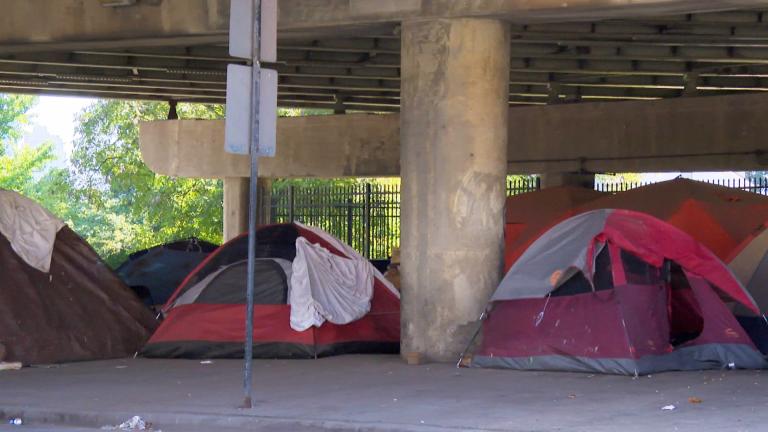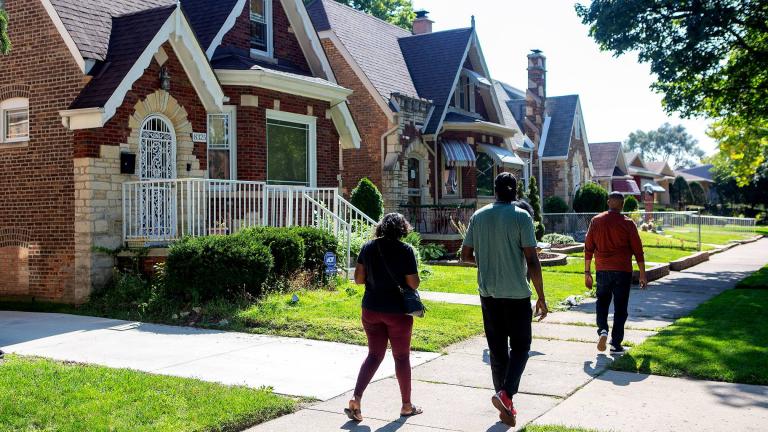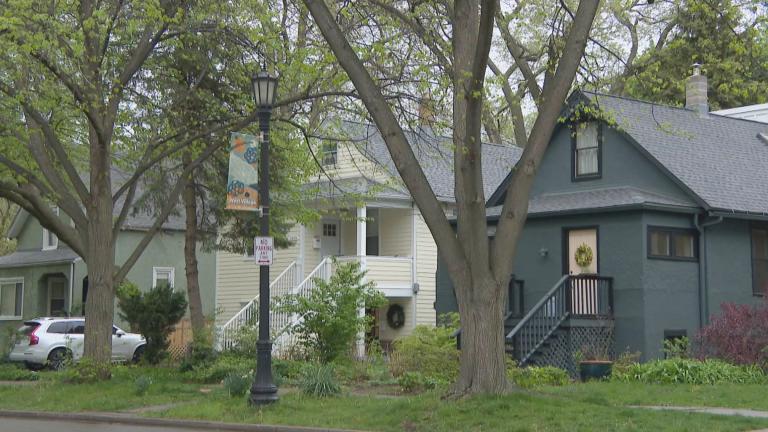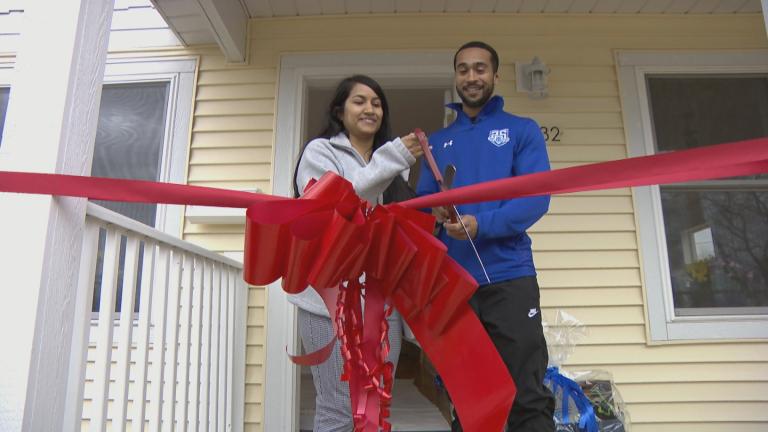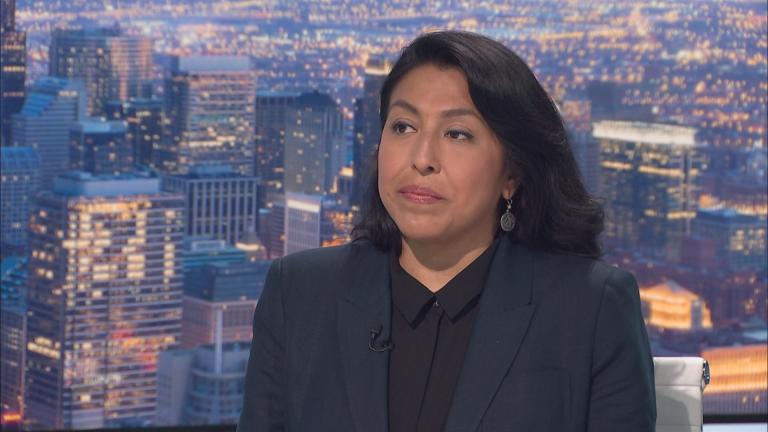California this week became the third state to pass a rent control bill; Oregon and New York have already done so. California Gov. Gavin Newsom is expected to sign the bill, which would cap rents starting Jan. 1.
In Illinois, rent control has been barred since 1997 but is once again under consideration.
The Illinois legislature is weighing whether to repeal the rent control ban. A bill by state Rep. Will Guzzardi simply calls for the ban to be lifted. But last legislative session, that bill failed to get out of the commercial law subcommittee of the Judiciary-Civil Committee by a 4-2 vote.
Yet the fight is far from over. The Lift the Ban Coalition wants to eliminate the 22-year-old law while various real estate groups like SHAPE Illinois (Support Housing Affordability Progress and Equality) have coalesced around keeping rent control out of Illinois.
Meanwhile, lawmakers are weighing another bill in Springfield that calls for repealing the ban and establishing six “regional rent control boards” across the state.
So what exactly is rent control, and how do renters benefit? We asked Jawanza Malone of the Lift the Ban Coalition; and Michael Mini, executive vice president of the Chicagoland Apartment Association and a founding member of the SHAPE Illinois coalition.
Below, an edited Q&A with them both.
What is rent control?
Jawanza Malone: Rent control simply means that rent is regulated. More rent increases are regulated from one year to the next. Typically the way it plays out across the country is regulation … is tied to cost-of-living increases or the Consumer Price Index. Also people refer to it as inflation with some adjustment thereafter. So 1% above the Consumer Price Index, 3% above Consumer Price Index. That sort of thing.
Why is rent control good for the renter?
Malone: It is phenomenal for the renter for a bunch of different reasons.
One, it allows the renter to have a general sense of what to budget for from one year to the next.
Secondly, by attaching rent increases to the Consumer Price Index, which in theory, anyway, is also tied to wage increases, it allows rents to stay on par with increased revenue in the home. What we have now is that there is no correlation. And so again someone can get hit with a 200% increase in rent and really have no way to pay it which is what drives displacement along with another host of issues.
Mike Mini: Studies have shown that rent control does not achieve the results that it’s intended to achieve and over the long haul what it does is it actually results in fewer apartments on the market – so less supply, which drives up costs.
A recent study … showed that the rent control in San Francisco resulted in a reduction of approximately 15% of available housing and contributed to a 5% increase in rents over and above the market rent due to the number of units that were not created or the units that were taken off the market.
Why would California pass a statewide rent control law if it’s not working?
Mini: Well that’s a good question. Obviously the real estate community was very much opposed to rent control. Economists almost universally – I think 93% in a survey that’s often cited – agree that rent control is bad public policy. I think that in California, their housing shortage and the problem there was so severe that they were somewhat desperate. They could not figure out how to address the problem in a – what we would say is a reasonable, sound manner. And so we’ve ended up with (what) we think is a short-sighted, maybe Band-Aid approach to housing affordability that we believe … in the long run is going to cause more problems than it actually addresses.
Malone: Why we’re advocating for rent control is because we need more affordable housing and rent control is the fastest, most cost-effective way to get there. And there’s no way that we’re going to build our way out of this problem. There’s roughly one in 80,000 units of affordable housing that’s needed just in Chicago to meet the current, not the future, demand. When we look statewide that number balloons (by) 20 times. That is not going to happen, that new construction.
Upcoming Events
The Lift the Ban Coalition is hosting rent control town hall meetings with a number of elected officials on the following dates:
• 1 p.m. Sunday, Sept. 15 at the Center on Halsted, 3656 N Halsted St.
• 11 a.m. Saturday, Oct. 12 at Powell Elementary, 7511 South Shore Drive.
Related stories:
Aldermen, Advocates Want City Tax to Support Homeless Students, Families
The ‘Adaptable House’ Aimed at Easing Chicago’s Affordable Housing Crunch
Is Rent Control the Fix for Affordable Housing in Chicago?

